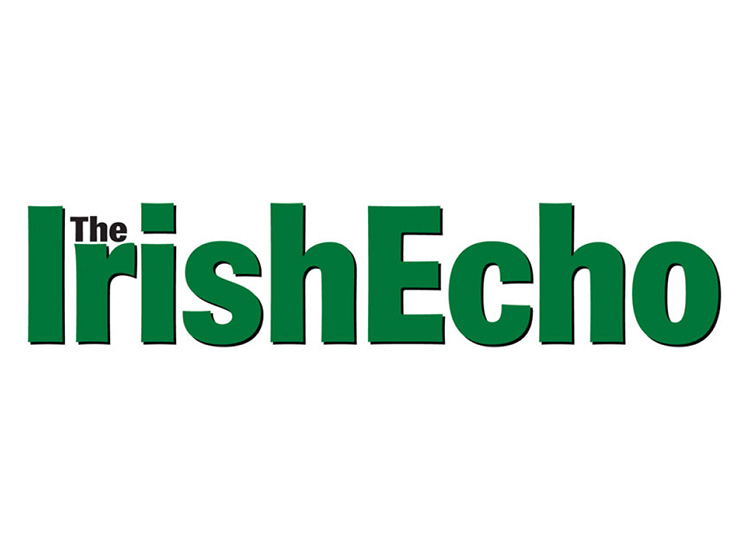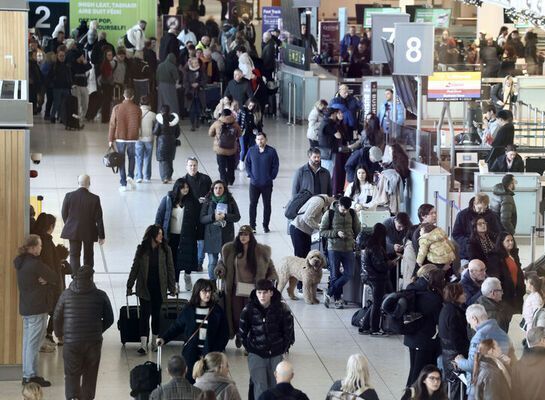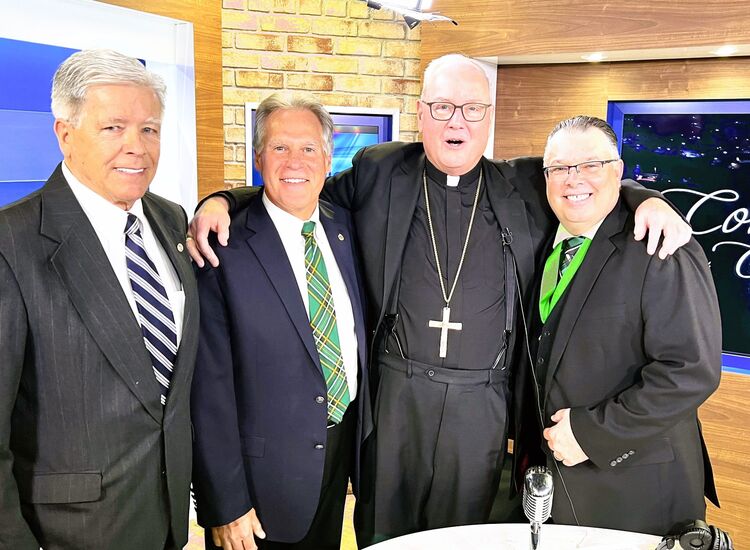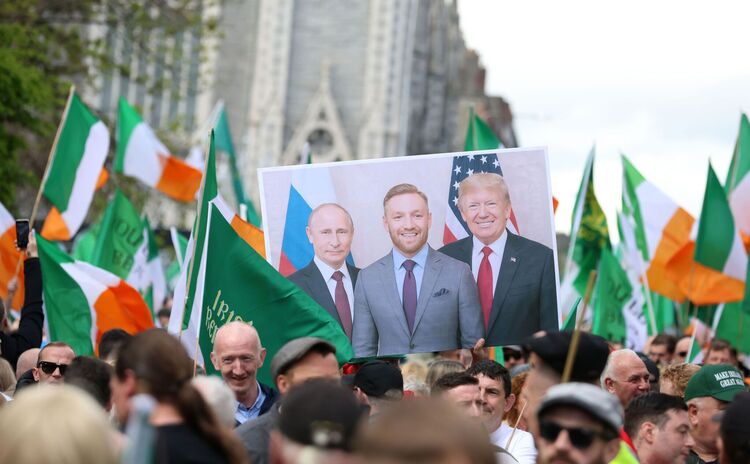Well, so much for all that. Michael D Higgins will be the ninth president of Ireland after a campaign in which he was the favorite of the bookies and in the opinion polls more than once, but never at all times during the race.
This was an extraordinary campaign, as much a chaotic scramble for the highest constitutional office in Irish life as it was a measurable political battle with clear cut favorites, winners and losers.
First up, and here's a tip for an aspiring political scientist in any given Irish university. Work up a thesis on the role of the bookmakers, Paddy Power in particular, in the race to succeed Mary McAleese as tenant in Áras an Uachtarain.
As much as people paid attention to opinion polls they seemed to pay even closer attention to the odds of offer as the campaign ran to it conclusion. It is often said, and certainly in American politics, that you should watch where the money is going. But that usually refers to the money pouring into campaign coffers, not across the counters in the bookies' shops.
In terms of what was on offer to the Irish voters when it came to placing bets and casting votes, well this was for sure a varied field The election was an historical marker in that Sinn Féin entered a candidate and Fianna Fáil did not, though Sean Gallagher, an independent, did have a Fianna Fáil background.
Martin McGuinness, as with Mary McAleese, could not vote for himself as he was from the North, but it is to be hoped that the next time that there is a presidential election voting rights will be extended beyond the 26 counties. Certainly, the new president would like this being the case.
The participation of Martin McGuinness was perhaps the final nail in the coffin of his party's policy of political abstention at the top level of politics in the 26 counties.
It has been a process that began in the mid-1980s with the party's shelving of the policy of not taking part in the activities of the Oireachtas. The assimilation of the party at all levels of political life south of the border is now complete, and there has to be some satisfaction in party ranks that McGuinness polled high enough to secure a credible third place, while along the way beating the candidate (Gay Mitchell) who was representing the largest party in government right now, Fine Gael.
Fianna Fáil will also take some encouragement from Sean Gallagher's performance. His association with the party both helped and hindered the Cavan man. Either way, Galalgher's second place finish was a strong placing after the evident damage his effort sustained in the final days of the campaign.
Mitchell and Fine Gael have to be bitterly disappointed. Disappointed, too, will be David Norris. He was tripped up by his own words, spoken on matters that seemed far removed from immediate presidential politics, yet likely turned off a significant number of voters when it came to casting ballots and distributing preferences.
The two independent women in the race never really looked like making it a third in a row in terms of the president's gender. Mary Davis failed to capture the public's imagination while Dana Rosemary Scallon's campaign was hobbled by revelations surrounding family issues, and was certainly not helped in the closing days when she alleged sabotage when a tire in her car blew out while it was being driven on a motorway.
In the end, the outcome was what many perceived it would be right from the very beginning. Michael D Higgins, the Labour Party's candidate, was able to benefit from a significant level of support based on his party's current strength in Irish political life as exemplified by its role in the coalition government.
Higgins not only topped the first preference vote, but also benefited hugely from the distribution of preferences.
In a field which most voters founded rather wanting, it was Higgins who attracted the least number of clear-cut and specific voter red flags regarding his candidacy. This is not to diminish his victory in any way. It was evident during the campaign that Higgins gave a lot of thought to this next phases in his long political life, and this thinking included the stating of his view that Irish citizens around the world should get to vote for the Irish president.
Hopefully, as president, Higgins will use his newly acquired prominence to encourage the realization of this long awaited extension of voting rights.








